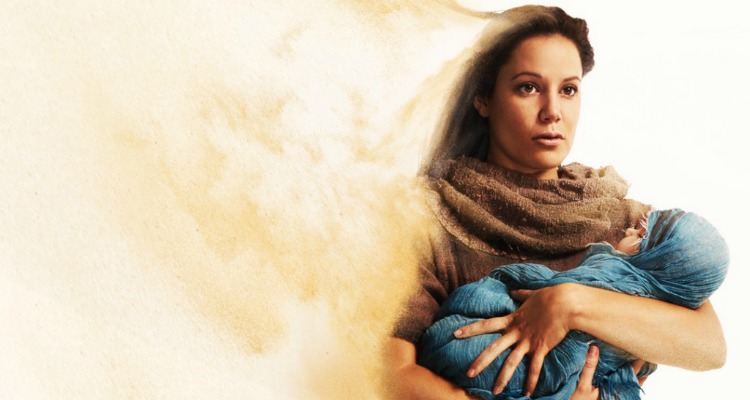For Sefer Beresheet
This article is not a commentary, rather food for thought, an invitation to explore the many layers of this fascinating First Book of the Torah. It is shorter than the regular column, yet longer, since the reader will need to research the ideas presented here, decipher them, and agree [or, hopefully, disagree] with them.
Welcome to Genesis, the Book of Communication
In the first chapter of Genesis, God’s words create the world. In the second chapter, man becomes נפש חיה, which the Aramaic translation reads as speaking spirit. Man’s first task is to name the animals, and shortly afterwards speech is used by the serpent to lure and deceive, by God to inquire, and by Adam and his wife to lie. Miscommunication between Cain and Abel results in the first murder. The builders of the Tower of Babel aspire to have a universal language, thus eliminating diversity, and are thwarted by the introduction of many languages, multiple forms of communication. Miscommunication between Yitzhak and Rivka results in deception, exile, and protracted sibling rivalry.
Welcome to Genesis, the Book of Political Science
The first murderer is pardoned, and his descendant Lemekh declares the Rule of the Jungle and promotes murder as a tool to establish his authority. Noah’s generation establishes an oligarchical society where בני האלהים, the Children of the Rulers, oppress the weaker layers of society, and where injustice becomes the form of government. This society crumbles and falls with the flood, and the first commandment to the survivors is to establish a judicial system and to punish murderers. The next generation decides to create a totalitarian society, where all must think the same thoughts and speak the same language, but their plan is stopped by God, who sees the looming threat of a 1984-like society. Sodom and Gomorrah establish a capitalistic society to the extreme, where one only reaps what he sows and eats what he reaps (See Ezek. 16:49). The demise of the three forms of government, oligarchy, totalitarianism, and extreme capitalism, paves the way for the appearance of Abraham, a man of values, and for the message that every successful society depends on the commitment of its denizens to justice and loving-kindness.
Welcome to Genesis, the Book of Families
Genesis is not about mythical heroes. It is not about angels, monks, hermits, prophets, ascetics, or fakirs. It is about families. Normal, human families, with love and hate, jealousy and conspiracy, preferential treatment, romance, and deceit. Had the protagonists of Genesis been perfect and impeccable, we would not have connected to them the way we do, but since they are real people we can empathize with their sorrows, joys, and mishaps. I am always fascinated to hear people engaged in a heated debate about what Adam, Hava, Cain, Abel, Abraham, Sarah and dozens of others from the pages of Beresheet did right or wrong. They talk about them as if they are with them in the room. They become the biblical characters, and they defend them or argue with them with great passion.
Welcome to Genesis, the Book of Many Faces.







